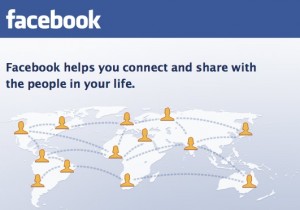Well done Ingrid, whose post has caused a number of interesting discussions to kick off. One is around where social media activity belongs within an organisation. She writes (on her newish personal blog, which you really ought to subscribe to)
2. Social media in local gov become the domain of Comms
A lot of comms people in local government have been resistant to social media, but 2011 marks the end of that. Hurray, you say. Danger! I say. Social media works best where it’s a conversation between real people. Comms teams work under a model of communication that facilitated messages going between monolithic entities – the council and the local newspaper. Or where it was a more disperse model, it’s the council and broadcast only mechanisms like advertising and newsletters to a passive public. This is the year that councils comms catches on to the free to use (but labour intensive) social media scene, but attempts to control the messages even more tightly.
Of course central communications must play a role, but the benefits of social media can only really be achieved when there’s a more federated model of communications. Councillors communicating more easily with their constituents. Local people sharing information among themselves and council officers sharing matters of fact and pointers to more information with local people.
Ingrid is broadly right here, and I don’t mean to be, well, mean to any of the loyal DavePress readers who work within communications teams.
The thing is, the value of social media isn’t just about communicating – it’s also about sharing, collaborating and being open. The danger in putting responsibility for all this activity in one department is that it threatens to make it a silo, something that isn’t the job for anyone else in the organisation.
This is another reason why I think the occasional appointments of ‘social media officers’ is probably misguided.
A handy analogy would be from my work in local government as a risk manager (yes, really). What I found was that an awful lot of people thought my job was to manage their risk. In fact, it was supposed to be about enabling them to manage their own risks, by providing tools and training.
The same I suspect would happen with a social media officer, or where people within a specific department (comms or elsewhere) control social media activity.
It’s vital to have champions of this activity, but try to have several, and for them to belong to different parts of the organisation to ensure no one department is seen to be in control.
There is an awful lot of good that can be done by communications teams with social media, but the opportunities in emerging web technology go far beyond marketing, PR and the like. For an organisation to get the most out of it, a more holistic approach is needed.

